
Recommendation
Those difficult 20-somethings in your workforce address the CEO by first name, talk out of turn in meetings, and show up late but gladly pull all-nighters. They bristle at your suggestions but thrive on complex challenges. They’re special – that’s what their parents and teachers always told them. They’re the Millennials, complex, multitasking, technologically savvy, exasperating, bright but entitled new employees entering the workforce by the millions. Consultants and professors Chip Espinoza, Mick Ukleja and Craig Rusch offer tactics and strategies for managers confused by this unpredictable generation. Though the authors don’t mind painting this or any other generations with a very broad brush, they still present much useful advice. getAbstract suggests throwing out the rule book and adopting the authors’ nine strategies for getting the most out of your youngest workers.
Summary
About the Authors
Chip Espinoza teaches leadership seminars and heads GeNext Consulting. Mick Ukleja is founder and president of LeadershipTraQ. Craig Rusch teaches anthropology at Vanguard University in California.








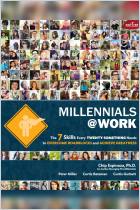
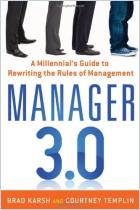
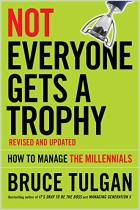
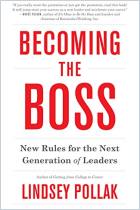
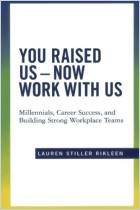
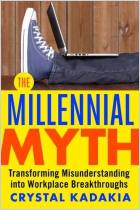
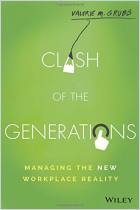




Comment on this summary